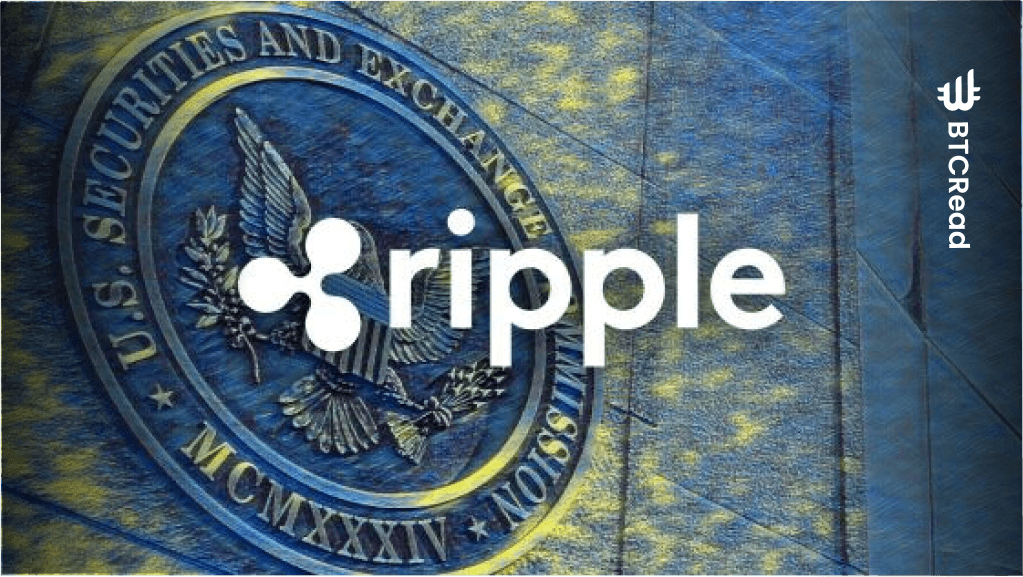An announcement has been made by JPMorgan Chase of a pilot project via its blockchain unit, Kinexys, as it ventures into tokenized carbon credits. The new project gathers major players such as S&P Global Commodity Insights, EcoRegistry, and the International Carbon Registry as it sets out to test a blockchain-based solution.
This project will test how blockchain can make tracking carbon credits easier from start to finish using current registries. The goal is to improve transparency, remove problems, and fix the split-up nature of voluntary carbon credit markets.
Digital tokenization of carbon credits is a subject of issuing blockchain equivalents of emissions offsets that are verifiable and tradable with ease. The project aims to introduce a single ecosystem in which carbon credits move smoothly between buyers and sellers without more friction.
JPMorgan thinks people should watch and improve carbon credits that show one ton of cut or avoided carbon dioxide. A simple blockchain system could help build more trust, lower the risk of counting credits twice, and make it easier for both rich and developing countries to use.
The tokenization is being trialled in classic financial markets by a firm such as BlackRock and by Deutsche Bank. Transfer of a similar kind to environmental assets could create new standardization and efficiencies that its carbon sector so badly requires.
Carbon credit market embraces JPMorgan Blockchain pilot
The JPMorgan study also pointed out that poor oversight and a lack of trustworthy infrastructure thwarted early ventures by others. Those ventures raised doubts about whether credits genuinely retired or were resold, which harmed market faith in the voluntary market.
The bank observed that with a sound and centralized system, digital credits could potentially restore market liquidity and integrity. Carbon tokenization could further entice more institutional investors and help scale up climate finance programs worldwide.
Alastair Northway, who leads JPMorgan Payments’ natural resources division, stated that this is an important step toward creating a secure and interoperable global standard. He emphasized that tokenized systems could bring much-needed clarity and drive real-world environmental outcomes.
Despite past scandals around ineffective or misrepresented projects, JPMorgan reaffirmed its long-term interest in shaping the carbon space. It continues to fund climate projects and buy carbon removal credits while aiming to become the industry’s preferred financial institution.
The pilot test marks another significant move as carbon credits evolve into a serious asset class aligned with modern digital infrastructure.







